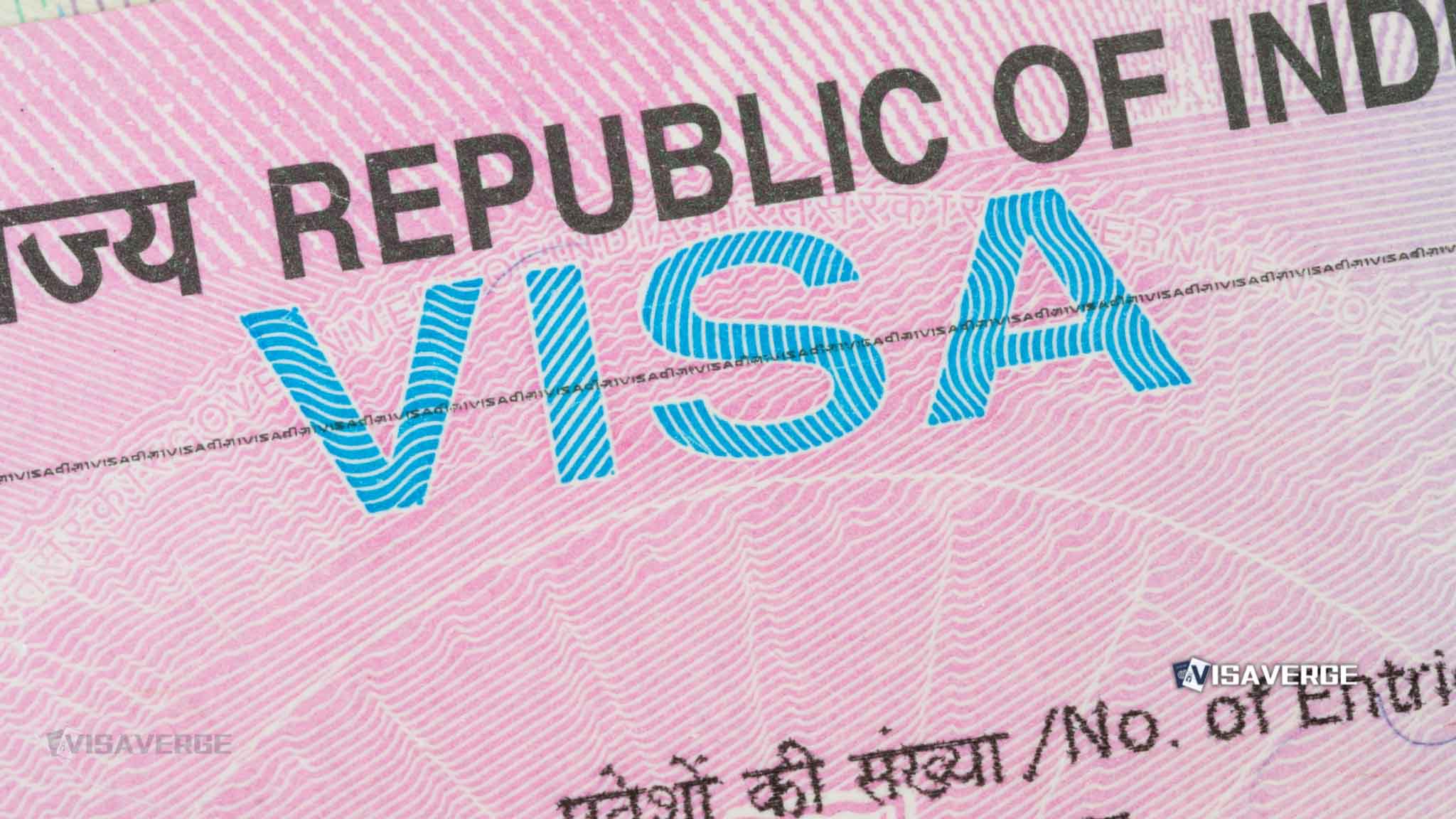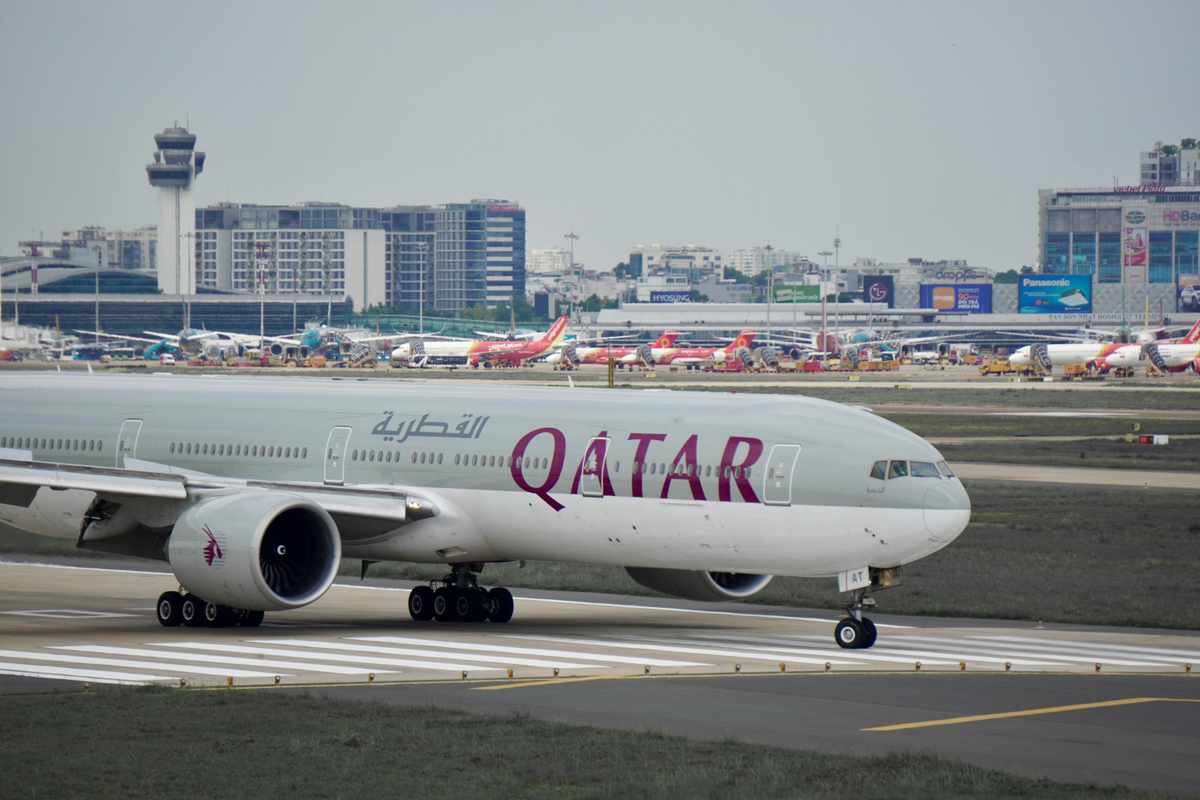Key Takeaways
• From June 23, 2025, New Zealand recognizes Indian degrees with no IQA needed for skilled migrants.
• Wage threshold of $33.56/hr applies; Green List jobs gain faster visa, residency routes.
• Ten new trades join Work to Residence pathway on August 18, 2025, aiding skilled workers.
In a major change set to impact thousands of Indian professionals and students, New Zealand 🇳🇿 will officially recognize Indian degrees for migration and work purposes starting June 23, 2025. This move, announced by Immigration New Zealand (INZ), means that Indian graduates and skilled workers will find it much easier to apply for jobs and permanent residency in New Zealand. The new policy removes the need for a costly and time-consuming qualification assessment, opening doors for many who want to build a future in New Zealand.
What’s Changing and Why Now?

New Zealand’s decision comes at a time when countries like Australia 🇦🇺 and Canada 🇨🇦 are tightening their immigration rules, making it harder for international graduates to stay and work. By recognizing Indian degrees, New Zealand aims to attract more skilled workers and students from India, one of the world’s largest sources of international talent. The policy is part of a broader plan to diversify New Zealand’s skilled migrant pool and address shortages in key industries.
How the New Policy Works
From June 23, 2025, India will be added to New Zealand’s List of Qualifications Exempt from Assessment (LQEA). This list includes countries whose degrees are trusted by New Zealand’s education and immigration authorities. For Indian degree holders, this means:
- No International Qualification Assessment (IQA) Needed: Previously, Indian graduates had to pay for an IQA, a process that checked if their degree matched New Zealand’s standards. This step often caused delays and extra costs. Now, if your degree is from a recognized Indian university on the LQEA, you can skip this step.
- Faster and Cheaper Visa Applications: Without the IQA, the visa process becomes quicker and less expensive.
- More Opportunities for Permanent Residency: Indian degree holders in certain jobs can now apply for permanent residency more easily.
Who Benefits Most?
The biggest winners are Indian professionals and graduates working in jobs that New Zealand considers high priority. These jobs are listed on what’s called the Green List—a list of occupations where New Zealand faces serious skill shortages. If you have an Indian degree from a recognized university and work in one of these jobs, you can apply for a visa and, eventually, permanent residency without extra paperwork.
Key Sectors on the Green List
Indian degree holders in the following fields will benefit most from the new policy:
- Information Technology (IT): Software developers, IT analysts, and other tech professionals are in high demand.
- Finance: Accountants, financial analysts, and related roles.
- Engineering: Civil, mechanical, electrical, and other engineering jobs.
- Healthcare: Doctors, nurses, pharmacists, and allied health workers.
- Construction and Skilled Trades: Machinists, welders, and other tradespeople, especially with new roles added to the Green List in August 2025.
If your job is on the Green List and your degree is recognized, you can take advantage of the new, faster pathway to permanent residency.
What About Other Occupations?
If you work in a job that’s not on the Green List, you may still need to go through the traditional process, including the IQA. The new policy mainly helps those in high-demand sectors where New Zealand needs more skilled workers.
Work to Residence Pathway: New Trades Added
Starting August 18, 2025, New Zealand will add ten more trades to the Work to Residence visa pathway. This means that skilled tradespeople in these jobs can apply for residence if they meet certain wage and skill requirements. The trades include roles in construction and manufacturing, which are critical for New Zealand’s growing economy.
Wage Thresholds: What You Need to Earn
To qualify for skilled residence visas, including the Work to Residence and Skilled Migrant Category visas, applicants must meet a minimum wage threshold. From August 18, 2025, this threshold will be $33.56 per hour. This figure is based on the median wage in New Zealand as of June 2024. Meeting or exceeding this wage is essential for your application to be considered.
Step-by-Step Guide for Indian Degree Holders
If you’re an Indian graduate or professional hoping to move to New Zealand, here’s what you need to do:
- Check if Your Degree is Recognized: Make sure your degree is from a university listed on the LQEA. You can find the latest list on the Immigration New Zealand website.
- See if Your Job is on the Green List: Look up your occupation to confirm it’s on the Green List or the Work to Residence trades list.
- Meet the Wage Requirement: Ensure your job pays at least $33.56 per hour.
- Apply for a Visa: Submit your application for a skilled migrant or work visa. You won’t need to provide an IQA if your degree and job are eligible.
- Work in New Zealand: Once you have your visa, work in your chosen field.
- Apply for Permanent Residency: After meeting the work and wage requirements, apply for permanent residency through the Skilled Migrant Category or Work to Residence pathway.
Why Is This Policy Important?
This change is a big deal for several reasons:
- Removes Barriers: The IQA was a major hurdle for many Indian applicants. By removing it, New Zealand is making the process smoother and more transparent.
- Saves Time and Money: Applicants no longer need to pay for or wait on a lengthy assessment process.
- Attracts Needed Skills: New Zealand faces shortages in IT, healthcare, engineering, and trades. By making it easier for Indian professionals to move, the country can fill these gaps.
- Encourages Indian Students: With a clearer path to work and residency, more Indian students may choose to study in New Zealand.
Background: How Did We Get Here?
New Zealand’s LQEA program began in 2023 as a way to make it easier for skilled migrants to have their foreign degrees recognized. The program is being rolled out in phases, with India’s inclusion marking a major milestone. By 2026, the LQEA is expected to cover over 25 countries, making New Zealand a more attractive destination for skilled workers worldwide.
The move also comes as other countries, like Australia and Canada, make it harder for international graduates to stay and work. New Zealand’s approach is different: it wants to welcome more skilled migrants, especially from countries like India, to help its economy grow.
Expert Views and Official Statements
Officials from Immigration New Zealand say that removing the IQA for Indian degrees will make migration pathways clearer and fairer. Industry experts believe this will help New Zealand compete for top talent, especially in sectors where there are not enough local workers.
As reported by VisaVerge.com, this policy shift is expected to boost New Zealand’s reputation as a welcoming place for Indian professionals and students. The change is also likely to support economic growth by bringing in workers with the skills New Zealand needs most.
What Does This Mean for Indian Students?
For Indian students thinking about studying abroad, New Zealand now offers a more attractive option. With Indian degrees recognized and a clear path to permanent residency, students can plan their education and career with more confidence. They can also avoid the extra costs and delays that come with qualification assessments in other countries.
What About Employers in New Zealand?
New Zealand employers will benefit from a larger pool of skilled workers. They can hire Indian graduates and professionals without worrying about long delays or complicated paperwork. This is especially important in industries like IT, healthcare, and construction, where finding qualified workers can be a challenge.
Practical Tips for Applicants
- Double-Check Your University: Not all Indian universities are on the LQEA. Make sure yours is listed before applying.
- Gather Proof of Employment: You’ll need to show evidence of your job and salary to meet visa requirements.
- Stay Updated: Immigration rules can change. Always check the official INZ website for the latest information.
- Consult a Licensed Adviser: If you’re unsure about your eligibility, consider speaking with a licensed immigration adviser.
Potential Challenges and Things to Watch
While the new policy removes many barriers, there are still some things to keep in mind:
- Limited to Certain Jobs: The IQA exemption only applies to jobs on the Green List or Work to Residence trades list.
- Wage Thresholds: You must meet the minimum wage requirement, which may be higher than what some jobs pay.
- Degree Recognition: Only degrees from recognized Indian universities are accepted. Private or unlisted institutions may not qualify.
Official Resources and Forms
For those ready to start the process, here are some helpful links:
- Immigration New Zealand (INZ) Main Page: https://www.immigration.govt.nz/
- Green List Occupations: Green List on INZ
- List of Qualifications Exempt from Assessment (LQEA): LQEA List
- Work to Residence Visa Information: Work to Residence Visa
- Skilled Migrant Category Visa: Skilled Migrant Category
If you need to fill out a visa application, you can find the official forms and instructions on the INZ website.
Looking Ahead: What’s Next?
New Zealand plans to keep expanding the LQEA to include more countries and qualifications by 2026. The Green List and Work to Residence pathways may also grow as the country’s labor market changes. Wage thresholds will be reviewed regularly to make sure they match economic conditions.
For Indian professionals and students, this means even more opportunities in the future. As New Zealand continues to welcome skilled migrants, those with Indian degrees will be well-placed to take advantage of new jobs and pathways to permanent residency.
Key Takeaways
- Indian degrees from recognized universities will be accepted for migration and work in New Zealand from June 23, 2025.
- No more IQA for eligible applicants, making the process faster and cheaper.
- Best opportunities are in IT, finance, engineering, healthcare, and skilled trades.
- Applicants must meet wage thresholds and work in jobs on the Green List or Work to Residence trades list.
- New Zealand is positioning itself as a top destination for Indian talent, especially as other countries tighten their rules.
For anyone with an Indian degree dreaming of a new life in New Zealand, now is the time to start planning. With the right qualifications and a job in a high-demand sector, permanent residency is more achievable than ever before.
Learn Today
International Qualification Assessment (IQA) → A costly evaluation verifying if a foreign degree matches New Zealand education standards.
List of Qualifications Exempt from Assessment (LQEA) → A list of countries whose degrees New Zealand trusts without further verification.
Green List → New Zealand’s list of occupations with urgent skill shortages prioritized for immigration.
Work to Residence Visa → A visa pathway allowing skilled workers in certain trades to apply for residence.
Wage Threshold → Minimum required hourly pay ($33.56 from August 18, 2025) to qualify for skilled visas.
This Article in a Nutshell
New Zealand will accept Indian degrees for migration from June 23, 2025, removing IQA barriers. Skilled workers in priority sectors get faster visas and permanent residency chances. Wage requirements apply. This supports the country’s economy by attracting Indian talent amid competing immigration policies worldwide.
— By VisaVerge.com






